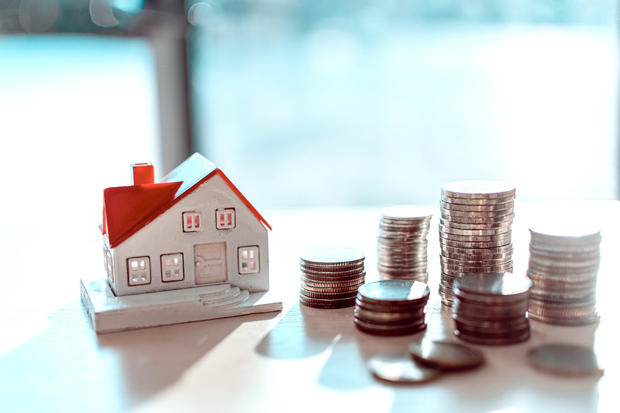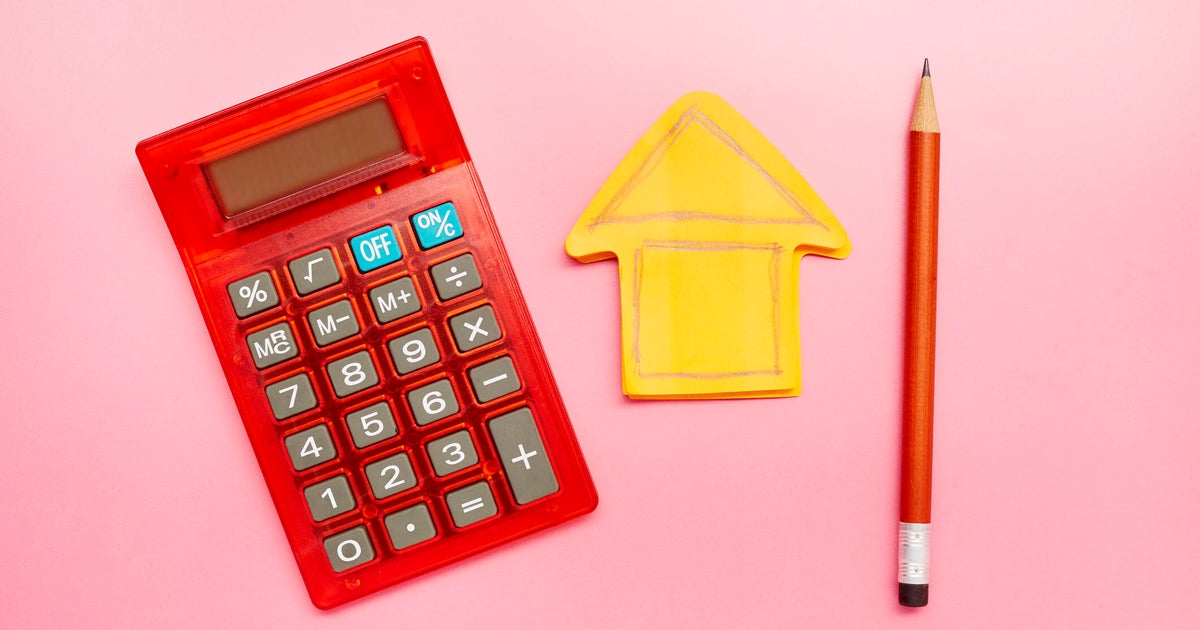What would my monthly mortgage payment be for a $800,000 home?
Buying a house is among the biggest financial decisions most people make. First, you have to consider the down payment, which can account for a large portion of your savings in the short term. After that, there are mortgage payments to consider. This number will in many cases comprise the largest part of your monthly budget, so you must understand exactly what you'll pay and be comfortable with how it fits into your overall spending scheme.
Luckily, it is possible to know what you'll owe each month before you finalize a sale in many cases. All you need to know is how much your house costs, what your down payment will be, the interest rate on your mortgage and the term of your loan.
Find a mortgage loan that works for you online now.
What would my monthly mortgage payment be for a $800,000 home?
If you're buying an $800,000 home, a 20% down payment would be $160,000, meaning you'll borrow $640,000 with a mortgage loan. While some people make payments of less than 20%, for these examples that's what we will assume. One benefit to making a down payment of at least 20% is that you are exempt from private mortgage insurance (PMI).
With that in mind, here is what you'll pay each month if you buy an $800,000 home.
Example 1: 30-year fixed rate mortgage at 7.06%
As of January 4, 2024, the national average rate for a 30-year fixed-rate mortgage was 7.06%. This likely will not be the exact rate you get. Your rate will be determined by your lender based on factors including your location and your credit score. Still, it's possible to get a general sense of what a monthly mortgage payment for an $800,000 home would be using this rate.
For this loan at this rate, your monthly payment would come to $4,283. This amount is only for the mortgage, however; it does not include homeowners insurance or property tax. Those figures will vary based on your location.
In total, you would pay $902,814 in interest on this loan, meaning your total loan payment would be $1,542,814. If you factor in the $160,000 down payment, the total cost of the home comes to $1,702,814.
Shop online for a mortgage now.
Example 2: 15-year fixed rate mortgage at 6.42%
While 30-year fixed-rate loans make up the vast majority of mortgages in the United States, there are other options. One is to get a fixed-rate loan with a term of 15 years. As of January 4, 2024, the national average rate for a 15-year fixed-rate mortgage was 6.42%.
In this case, you would pay $5,546 per month for your mortgage – again, not including homeowners insurance or property taxes. You'd pay $358,575 in interest for a total loan payment of $998,575. Adding in the down payment means your home would cost a total of $1,158,575.
Example 3: Use an adjustable-rate mortgage
Another type of mortgage that may be worth considering is an adjustable-rate mortgage (ARM). With an ARM, your loan starts with a fixed mortgage rate for a certain number of years. After the fixed-rate period ends, the mortgage rate can be adjusted on a set schedule based on the overall rate environment. For example, if you take out a 5/1 ARM, your rate will be fixed for five years and can be adjusted once per year after that.
Using an ARM is a risk, but there is also the potential for reward. Your rate could end up being lower in the long run, especially if rates are high when you take out your loan. On the other hand, there is always a chance of rates increasing over time, and you'd end up paying more if that happens.
Unfortunately, you cannot predict your monthly payment for an ARM beyond the set rate period, as rate adjustments will change what you owe each month. This makes it harder to budget, so keep that in mind if you are considering an ARM.
The bottom line
If you know the cost of your home, the size of your down payment, your interest rate and the term of your mortgage, you can calculate exactly what you'll owe as a mortgage payment each month. Make sure you can fit that into your budget before you buy a home. Otherwise, you could find yourself struggling to cover the costs of your mortgage.






